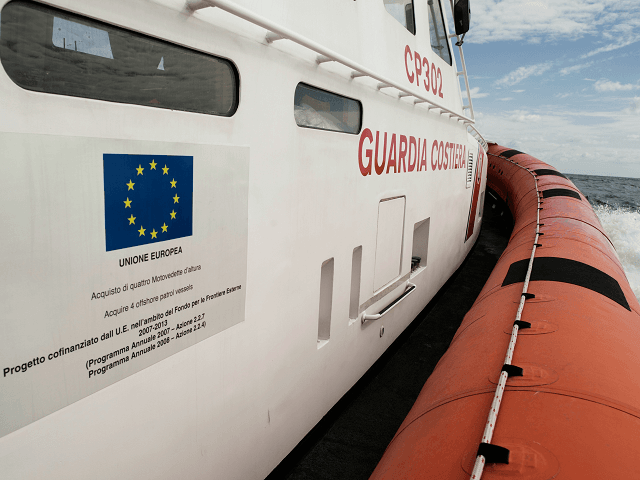The European Union is holding back on plans to create a common Border and Coastguard until after Britain has voted on its continued membership of the bloc.
The proposal, which will allow the Brussels-run force to enter the territory of any member state without permission, will now not be voted on until July.
MPs on the House of Commons EU Scrutiny Committee have been investigating the proposal and are demanding to know whether the government has decided to opt in or out of the plan.
UKIP MEP Mike Hookem says the EU’s plans include doubling the agency’s staff and expanding its funding, something that will inevitably hit UK tax payers, who are already one the largest contributors.
“This regulation looks like a significant move by Brussels to take further control over member states borders at a time when the UK government are insisting that they are in control,” said Mr Hookem.
“Even MPs have questioned this new power grab by eurocrats which would mean a non-UK agency could interfere even further in the security and defence of this country.
“Tax payers should also be horrified that whilst their own domestic border force is being cut despite the heightened risk of attack by terrorists, made easier thanks to EU open borders as the devastating attacks in Paris and Brussels showed, they will be funding this new project.
“It’s no wonder the government has been so quiet on this proposal as the referendum draws ever closer. We can see how desperate the remain side are to terrify everyone into voting with them and revealing this plan would quash any doubts that its Brussels who is in control of who comes in and out of the UK.
“How can Mr Cameron and his colleagues support a move which would allow foreign border agencies to operate in British waters without the permission of the British government? It’s treacherous.”
Breitbart London reported in March on how the European Commission hopes it can use the new force to save the Schengen agreement, which allows free movement between the majority of EU states.
With the onset of the migrant crisis, many EU countries are now temporarily closing their borders in a bid to combat the huge influx of migrants. EU leaders hope stronger external borders will allow them to liberalise internal movement as soon as possible.

COMMENTS
Please let us know if you're having issues with commenting.